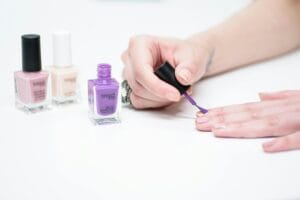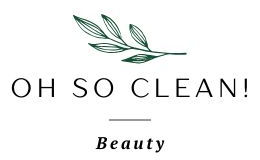

In the early 2000s, nail polish brands began marketing “3-Free” products, claiming to exclude three harmful chemicals: toluene, formaldehyde, and dibutyl phthalate (DnBP). However, some manufacturers replaced DnBP with other potentially harmful substances like triphenyl phosphate (TPHP), an endocrine disruptor that can pose serious health risks. Over time, labels expanded to “5-Free,” “10-Free,” and even “13-Free,” but without standard definitions, leading to consumer confusion.
A study analyzed 40 nail polishes from 12 popular brands, measuring levels of 12 phthalate and 10 organophosphate plasticizers. Findings revealed that while higher “n-Free” labeled products generally had lower TPHP levels, some still contained significant amounts of other harmful chemicals like bis(2-ethylhexyl) phthalate (DEHP). Notably, several products, such as Brand X’s ’10-Free’ polish, contained these chemicals without disclosing them, and some, like Brand Y’s ‘5-Free’ polish, even contradicted their own labels.
This inconsistency suggests that current labeling practices may mislead consumers seeking safer nail polish options. The study underscores the importance of standardized labeling and, more importantly, the need for thorough safety evaluations of substitute chemicals. These evaluations are crucial in ensuring the future development of truly safer cosmetic products.






